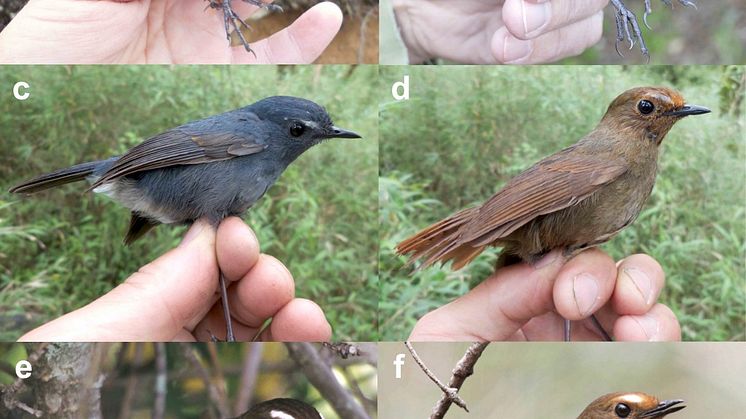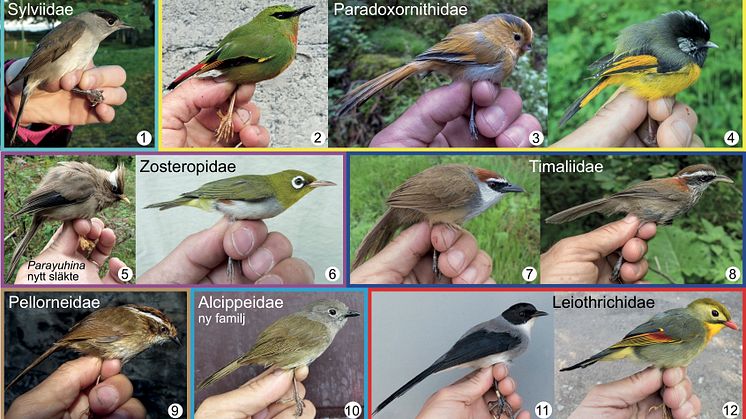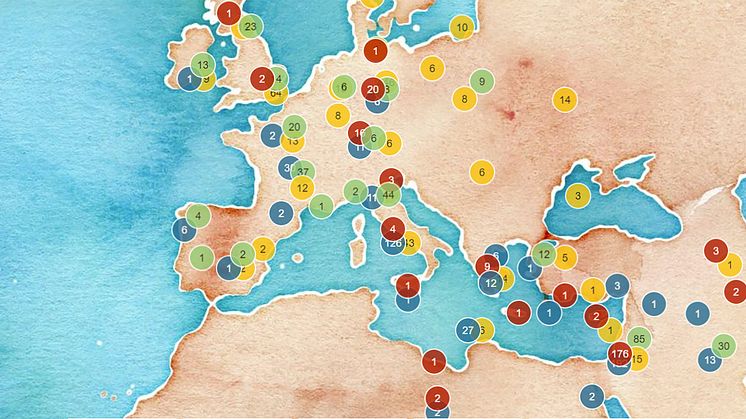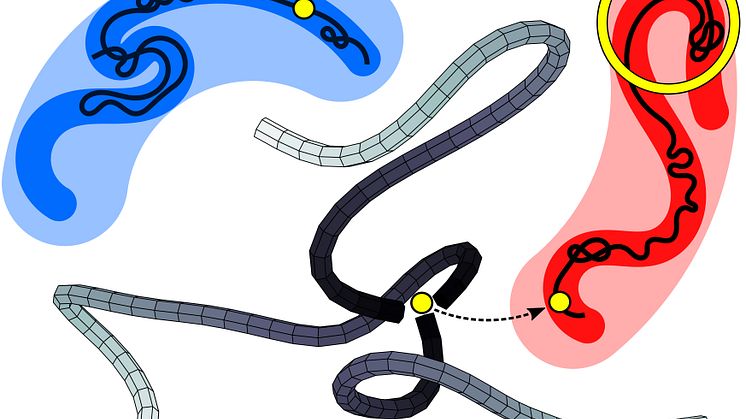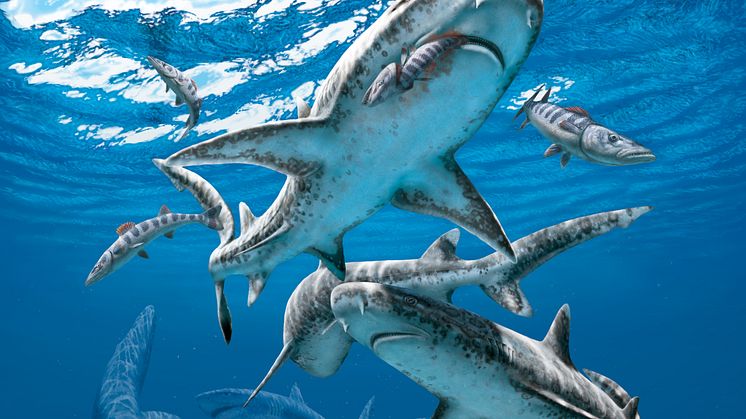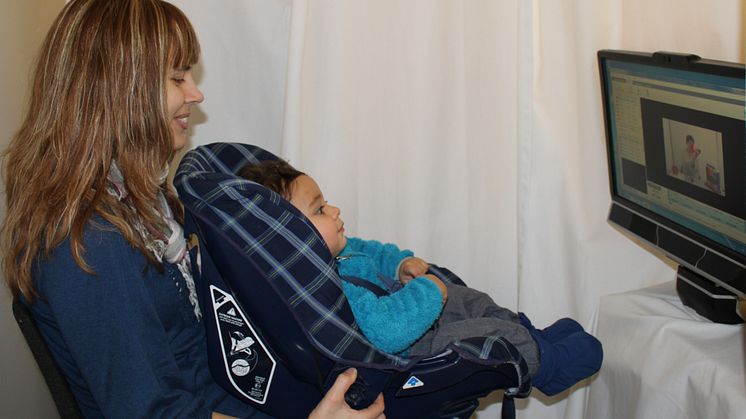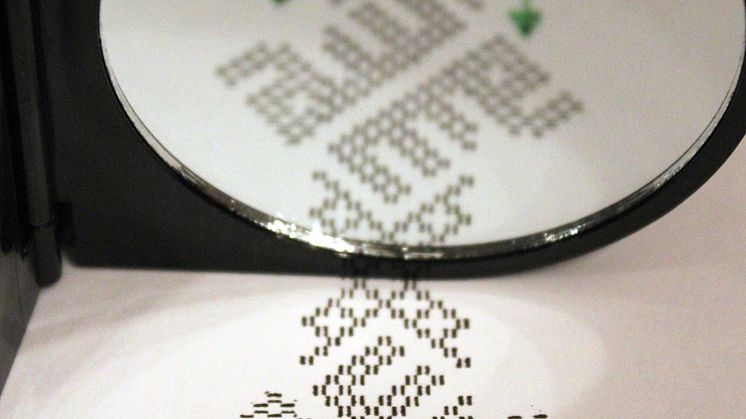Should we be screening future parents for genetic disorders?
Should public health-care systems provide couples with expanded screening for genetic disorders before they decide to become pregnant? Screening programmes could increase our reproductive choices and autonomy. But there are ethical issues at stake.
